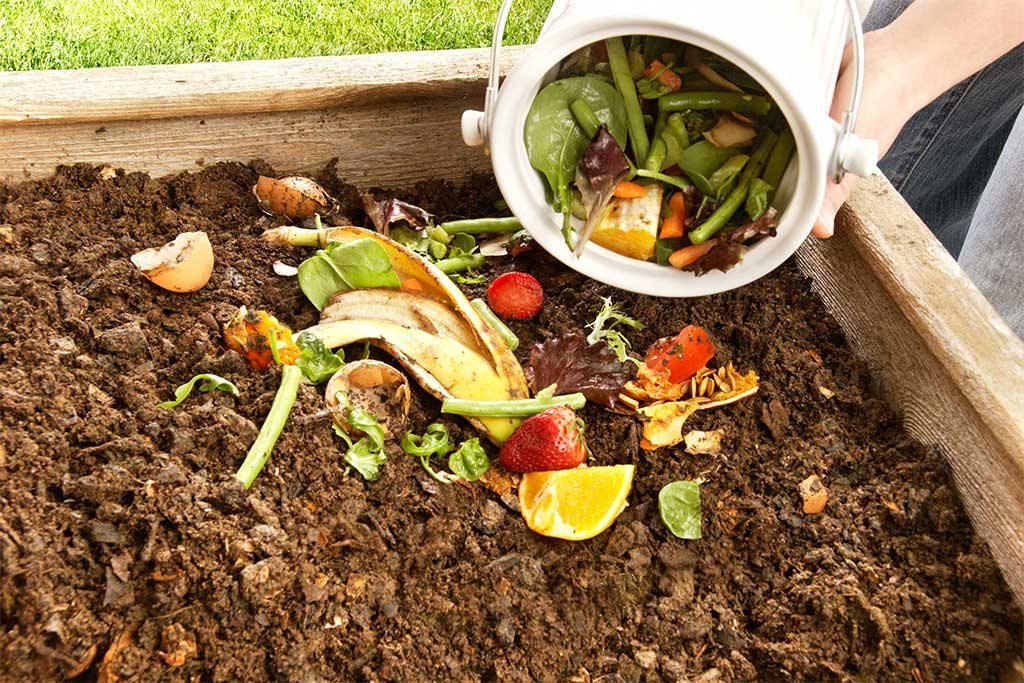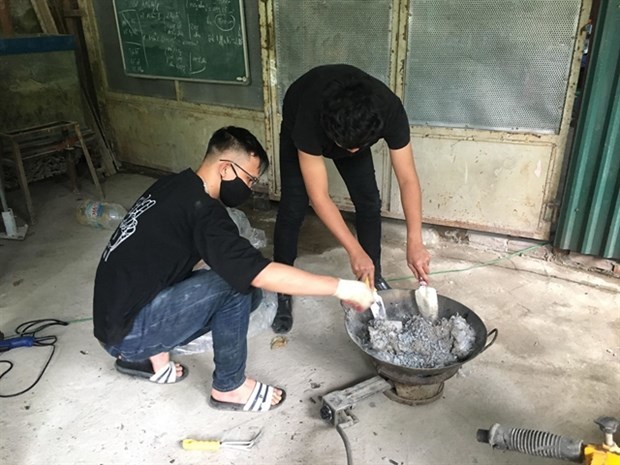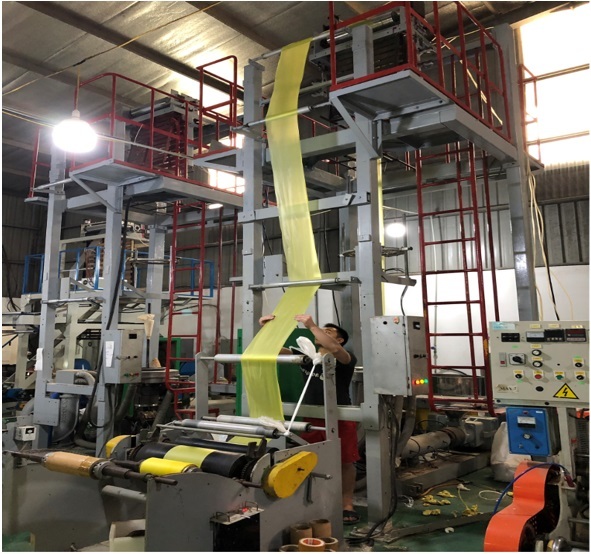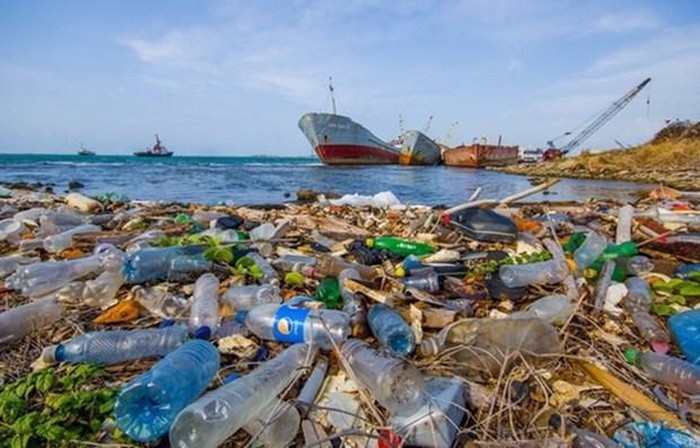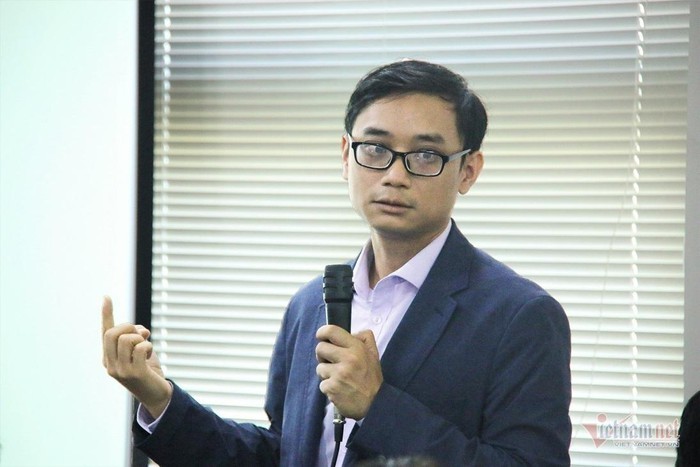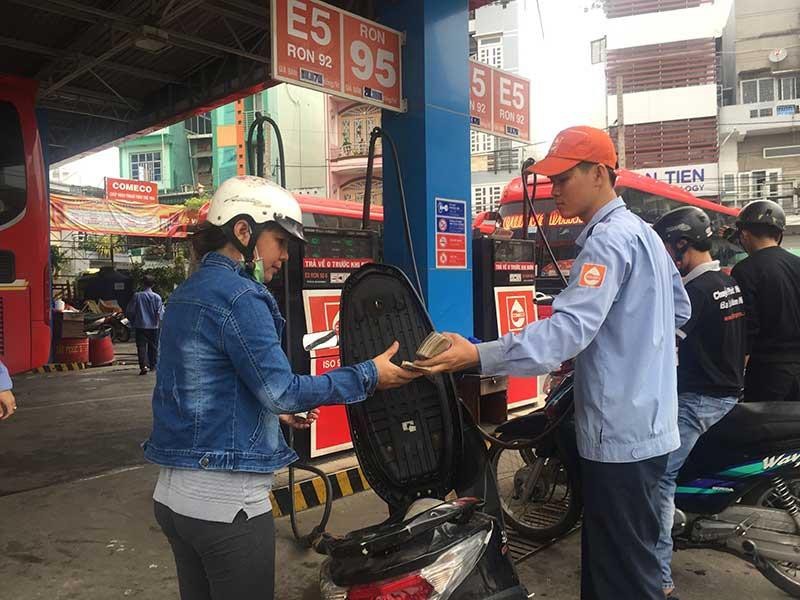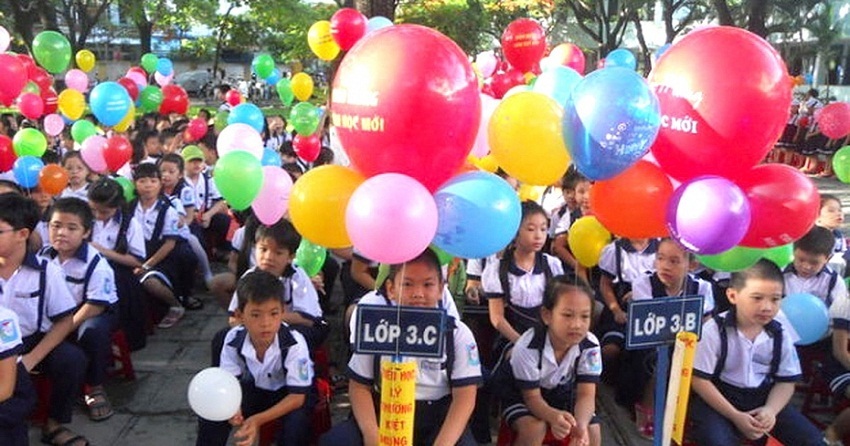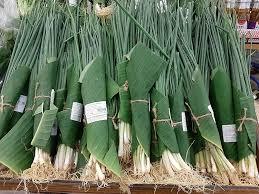- © Copyright of Vietnamnet Global.
- Tel: 024 3772 7988 Fax: (024) 37722734
- Email: [email protected]
plastic bag
Update news plastic bag
Students use waste microorganisms to turn garbage into profit
 A group of students from the Biotechnology – Microbiology Faculty of Can Tho University has joined forces to implement a project on building a modern organic waste treatment process.
A group of students from the Biotechnology – Microbiology Faculty of Can Tho University has joined forces to implement a project on building a modern organic waste treatment process.
Students turn discarded plastic bags into bricks
 Tonnes of plastic waste, particularly discarded plastic bags threaten our planet with environmental pollution, and by now almost everybody knows it.
Tonnes of plastic waste, particularly discarded plastic bags threaten our planet with environmental pollution, and by now almost everybody knows it.
VN Institute makes plastic bags that degrade in water
 Within three years, the bag will decompose into water and CO2, easily penetrating the soil, bringing nutrients to plants.
Within three years, the bag will decompose into water and CO2, easily penetrating the soil, bringing nutrients to plants.
VN Environment Ministry proposes tax on plastic bags to reduce usage
 The current tax rate on plastic bags is VND50,000 per kilogram, which, according to Deputy Minister of Natural Resources and the Environment Vo Tuan Nhan, is "not high enough".
The current tax rate on plastic bags is VND50,000 per kilogram, which, according to Deputy Minister of Natural Resources and the Environment Vo Tuan Nhan, is "not high enough".
Vietnam consumes 938 million plastic bags weekly: survey
 The principle that waste is a kind of resource that can be used should be included in an amendment in the Law on Environmental Protection if Vietnam wants to minimize plastic waste.
The principle that waste is a kind of resource that can be used should be included in an amendment in the Law on Environmental Protection if Vietnam wants to minimize plastic waste.
Vietnamese enterprises strive for green consumption
 Vietnam is listed among the five countries with the highest amounts of plastic waste. The average plastics consumption level in Vietnam increased from 3.8 kilograms in 1990 to 41 kilograms in 2015, with a growth rate of 10 percent per annum.
Vietnam is listed among the five countries with the highest amounts of plastic waste. The average plastics consumption level in Vietnam increased from 3.8 kilograms in 1990 to 41 kilograms in 2015, with a growth rate of 10 percent per annum.
E5 biofuel, environmentally-friendly plastic bags face sluggish sales
 The sales of E5 petrol and environmentally friendly plastic bags remain low.
The sales of E5 petrol and environmentally friendly plastic bags remain low.
VN students show their environmental awareness
 A primary school student in Hanoi wrote a letter recently asking schools to ban the use of balloons used to open the new academic year.
A primary school student in Hanoi wrote a letter recently asking schools to ban the use of balloons used to open the new academic year.
Vietnam has few biodegradable-plastic producers
 In early and late April, PM Nguyen Xuan Phuc released two documents noting that plastic waste is a ‘burning issue’ and calling all people to join forces to settle the problem.
In early and late April, PM Nguyen Xuan Phuc released two documents noting that plastic waste is a ‘burning issue’ and calling all people to join forces to settle the problem.
Solutions to prevent dumping of trash in environment still not found
 Young people and volunteers have spent thousands of working days removing trash in ‘hot environment spots’.
Young people and volunteers have spent thousands of working days removing trash in ‘hot environment spots’.
Vietnamese make next-generation straws, friendly to environment
 The straws are not made of plastic but environmentally friendly materials such as plants, vegetables and bulbs which can be eaten or used to produce snacks and pasta.
The straws are not made of plastic but environmentally friendly materials such as plants, vegetables and bulbs which can be eaten or used to produce snacks and pasta.
Supermarkets use banana leaves, bagasse-made boxes for food packaging
 Lotte Mart in HCM City pioneered the recent campaign of using non-plastic bags for food packaging. At its outlet in district 7, vegetables are wrapped in banana leaves instead of plastic bags.
Lotte Mart in HCM City pioneered the recent campaign of using non-plastic bags for food packaging. At its outlet in district 7, vegetables are wrapped in banana leaves instead of plastic bags.
Environmentally friendly plastic bags still not popular in Vietnam
Advertising campaigns and big money spent on activities still cannot familiarize Vietnamese with the habit of using environmentally friendly bags to ease the burden on the environment.
Vietnam plastic waste among highest in world
Two years ago, Emily Strady, a French researcher, visited Vietnam to conduct research on metal pollution in the river network.
Vietnam warned of “white pollution” from plastic bags
VietNamNet Bridge - Environmental experts have voiced their concern about so-called white pollution caused by plastic bags and products, which are very widely used in Vietnam.
Hue students discover material which can replace plastic bags
VietNamNet Bridge - Accidentally discovering that the finest flour can create a thin film with tensile strength, two female students from Hue City flattened starch into film to make biodegradable bags.
